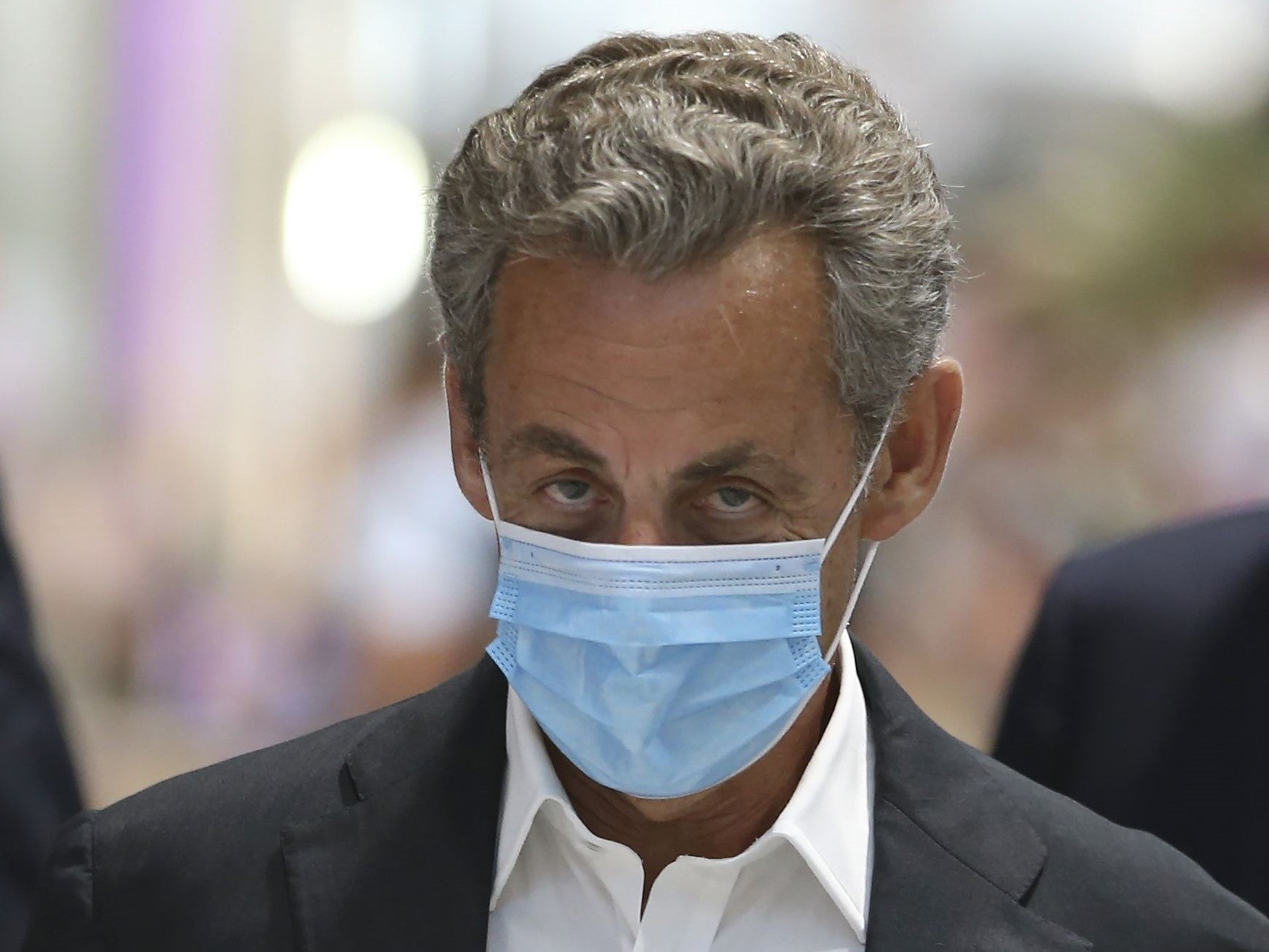Downfall of a president: Former French leader Nicolas Sarkozy faces historic corruption trial
Monday’s trial is the start of several investigations against the former president, reports Anthony Cuthbertson


As falls from grace go, Nicolas Sarkozy’s is one of the steepest.
On Monday, the man who led France from 2007 until 2012, will make unwanted history by becoming the first former French president to stand trial on corruption charges when his case is brought to a Paris court.
It is the first of several lawsuits to be brought against him since leaving office, and could finally end any hopes of a political comeback for the scandal-tainted ex-leader.
Sarkozy, 65, is accused of trying to obtain classified information from a judge relating to a probe into campaign financing for his 2007 presidential campaign. Nothing came of the original investigation but new allegations of influence peddling and corruption surfaced when investigators secretly recorded conversations between him and his lawyer using phones he obtained using the false name “Paul Bismuth”.
Prosecutors in the case have described Sarkozy as a “seasoned offender” and claim he offered former judge Gilbert Azibert a post in Monaco in exchange for information relating to the original probe. If convicted, Sarkozy faces a one-year prison sentence.
His troubles, however, are not limited to this case. Once this trial concludes on 22 October, Sarkozy faces a separate trial into alleged overspending on his 2012 re-election campaign, as well as an investigation into campaign money allegedly received from former Libya dictator Muammar Gaddafi in 2007.
It is the first time an ex-president has faced trial for corruption charges, however it is not the first time one has been put on trial after leaving office. In 2011, Jacques Chirac was found guilty of embezzling public funds during his time as Paris mayor in order to finance his political party.
Chirac, who was 79 at the time, was not present for the trial after doctors claimed he suffered from severe memory lapses. He was handed a two-year suspended prison sentence and faced no further consequences until his death last year. Before Chirac, no French president had been prosecuted, let alone convicted, since the Second World War, when Marshal Philippe Petain was found guilty of treason for collaborating with the Nazis as head of Vichy France.
By the time Sarkozy lost his re-election campaign against Francois Hollande in 2012, he had become the least popular French president since Petain.
His single-term presidency was marked by the global financial crisis of 2007/8, and his popularity seemed to crash in tandem with the markets. His approval ratings plummeted from close to 70 per cent at the start, to below 40 per cent by the end.
While the most serious scandals emerged after he left office, Sarkozy’s popularity also took a hit from claims of nepotism after his son Jean Sarkozy was appointed to a high-powered business position for which the 23-year-old was vastly underqualified.
Before that, there was the controversy surrounding his divorce from second wife Cecilia Ciganer-Albeniz and marriage of former model Carla Bruni, all within the first few months of his presidency.
This is the subject of his latest memoir Le temps des tempêtes (Stormy Times), which topped the country’s bestsellers list earlier this year.
It is a personal, not a political, look back on those early presidential years, yet it has once again sparked speculation that he plans to once again reignite his political career – claims which he recently denied. “No one believes me,” he said. “But it’s the truth.”
Despite dire opinion polls and circling scandal, Sarkozy famously attempted a political comeback in 2016 – something only Napoleon Bonaparte and Charles de Gaulle had ever achieved in post-revolutionary French history. His run for office failed when he only came third in his party’s primary.

Join our commenting forum
Join thought-provoking conversations, follow other Independent readers and see their replies
Comments